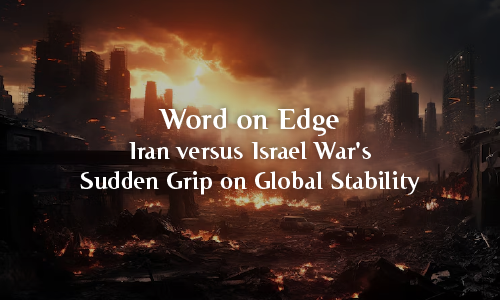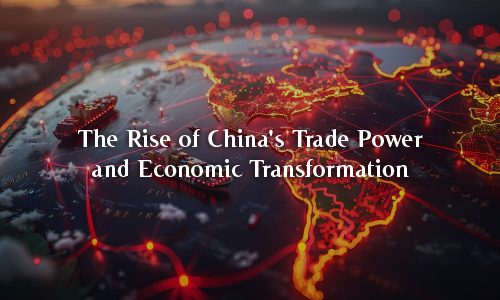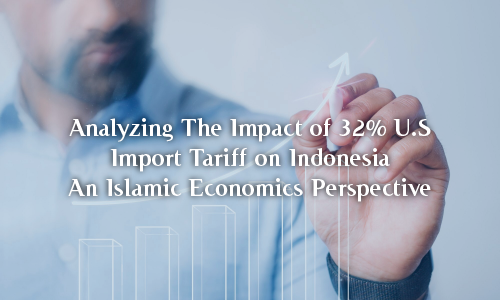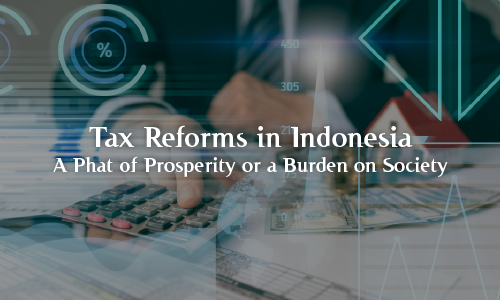
Summary: The Iran–Israel conflict that erupted in mid-2025 has triggered far-reaching consequences well beyond the battlefield. This article explores how the war has disrupted global systems, spiking oil prices, shaking financial markets, grounding international flights, and displacing civilians. As oil prices surged by over 10%, inflationary fears resurfaced, prompting central banks to reconsider their economic strategies. Global air travel faced massive rerouting and cancellations due to widespread airspace closures, while the humanitarian situation in Iran escalated as over 100,000 people fled Tehran amid fuel shortages and rising panic. The conflict has also intensified risks around the Strait of Hormuz and the Red Sea, threatening global trade routes and elevating shipping costs. While temporary diplomatic efforts have helped stabilize markets, the situation remains fragile. This analysis highlights the deeply interconnected nature of today's world, where a regional war can trigger economic, logistical, and psychological ripples across continents, underscoring the urgent need for global diplomacy and crisis resilience.
A Global Wake-Up Call
When tensions between Iran and Israel exploded into direct conflict in mid-June 2025, the world felt the shockwaves almost instantly. What began as a regional military operation quickly rippled outward, unsettling markets, freezing air travel, sending oil prices surging, and igniting fears of something even bigger on the horizon. This isn’t just about two countries locked in battle. It’s a reminder that in today’s interconnected world, a missile strike in the Middle East can lead to a ripple effect that reaches your gas pump, your grocery bill, or even your travel plans.
Let’s explore how this war is playing out far beyond the battlefield.
The Economic Jolt
The financial markets don’t wait for facts. They react to fear. And when Israel launched strikes on Iran’s military and nuclear sites, the markets immediately braced for impact. Oil prices didn’t just inch up; they leapt by up to 11% in mere days. For countries that rely heavily on imported fuel, this is no small spike. Higher oil costs mean pricier food, goods, and transportation for everyone.
And it didn’t stop there.…

















